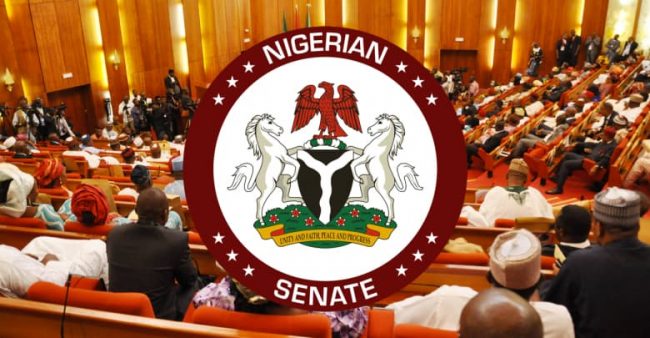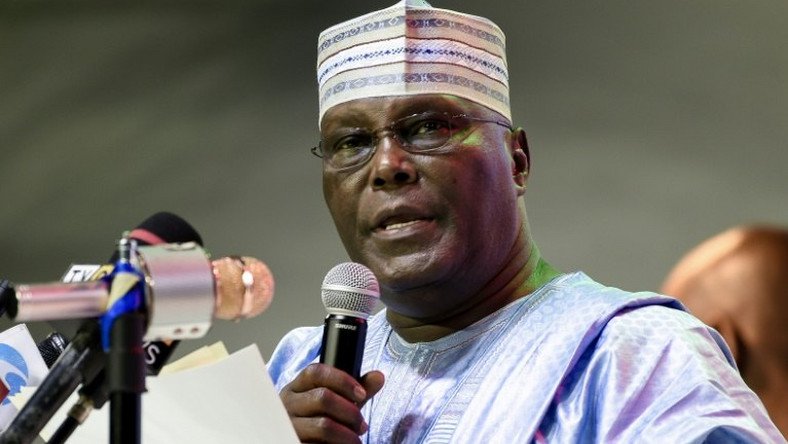The 2024 National Minimum Wage Amendment Act Bill was passed by the Senate on Tuesday during plenary. This came after Senate Leader Sen. Opeyemi Bamidele (APC-Ekiti) presented and adopted a report on the bill.
According to the News Agency, the measure that President Bola Tinubu forwarded to the Senate on July 23 was accorded expedited review, leading to its first and second readings in accordance with Senate Rule 80.
The measure attempted to change the National Minimum Wage Act of 2019, according to Opeyemi, who led the debate on the general principles of the law.
He claims that the plan aims to shorten the five-year periodic review period to three years and raise the federal minimum wage.
He claimed that, given Nigeria’s current economic circumstances, a great deal of agitation and clamor for a rise in the national minimum wage had been documented from organized labor and other social segments in recent years.
He claimed that the existing N30,000 national minimum wage has been raised to N70,000 in response to protests and following a series of talks between the Federal Government and organized labor.
He claims that it is a short-term action taken by the Federal Government to alleviate the situation in the nation, while long-term measures would be in line with the desires and aspirations of Nigerians and bring succour.
Opeyemi urged lawmakers to support the quick passage of the bill, adding that its passage was sacrosanct to the socio-economic and political wellbeing of Nigeria. NAN reports that on June 3, organized labor went on strike over the minimum wage dispute.
The Nigeria Labour Congress (NLC) and Trade Union Congress (TUC) had proposed N494,000 as the new national minimum wage, citing inflation and the prevailing economic hardship in the country.
But the unions later reduced the amount to N250,000 after several meetings. On July 11, leaders of labour met with Tinubu at the presidential villa over the new minimum wage. The labour leaders eventually accepted N70,000 as the new minimum wage for workers.













